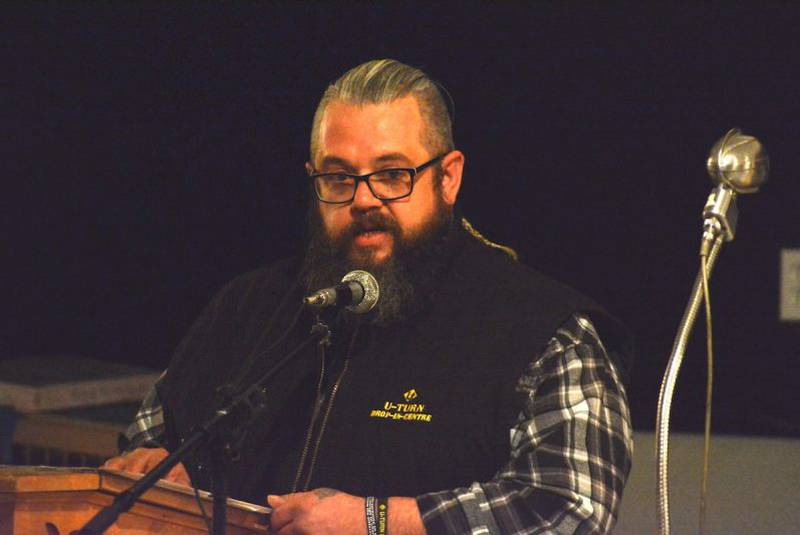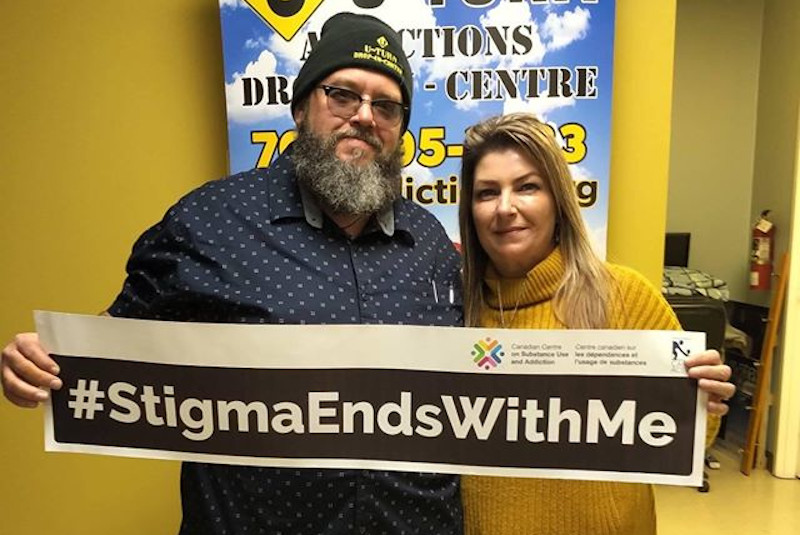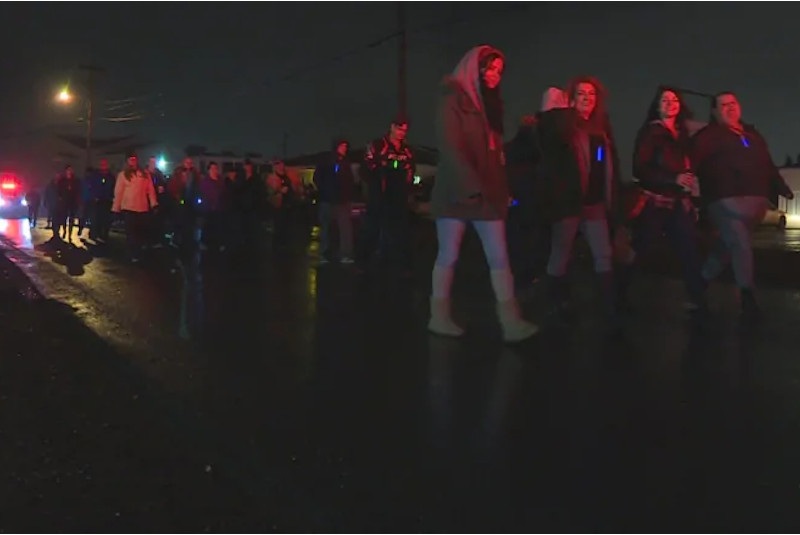TOGETHER, LET'S END STIGMA
There are many reasons why some people develop a substance use disorder or addiction, but regardless of the reasons, addiction is an illness like any other; a health problem just like cancer, diabetes or arthritis. So why does society look at people with addiction differently? The answer is stigma.
WHAT IS STIGMA?
Stigma is defined as a mark of disgrace. It involves a lack of knowledge (ignorance), negative attitudes (prejudice) and behaving in ways that disadvantage the stigmatized person (discrimination).
Stigma causes those living with addiction to be labelled (drug abuser, junkie), stereotyped, prejudiced (“not in my backyard”), segregated (“us” and “them”) and, ultimately, discriminated against (offensive comments, avoiding a person, withholding a promotion at work.) Some people describe stigma as a feeling of shame or judgement.
WHY DOES IT MATTER?
Stigma related to addiction is particularly severe and widespread. The fear of judgment means that people are less likely to seek help, and more likely to drop out of treatment programs in which they do enroll. Stigma seriously affects the well-being of those who experience it–many people say the stigma they encounter is worse than the illness itself.
60% of people with an addiction won’t seek help for fear of being labeled.
Mental Health Commission of Canada
Thousands of people in Newfoundland and Labrador will need help for addiction issues this year alone. Many will not get the help they need because they continue to be met with widespread stigma–in hospitals, workplaces, schools, communities, and even among close friends and family. It affects people while they are addicted, while they are in treatment, while they are healing, and even while they are in recovery long-term.



WHAT ARE WE DOING?
U-Turn is working year-round to to reduce stigma. Through our peer support fellowship, peers are empowered to share their stories, and offer dignity and hope to those still struggling with addiction.
Through our public education efforts, we are bringing awareness and information to the wider community, changing attitudes, and challenging stereotypes.
Through our advocacy work, we are lending our experiences and expertise to important policy and systems change conversations, working collaboratively with community members, partners, and government to build a better, stigma-free mental health system.
The ultimate goal is to cultivate an environment in which those living with addiction feel comfortable seeking help, treatment and support on their journey to recovery.
WHAT YOU CAN DO
Examine your own attitudes, judgmental thinking and behaviour toward persons with addiction.
Treat people with dignity and respect; offer support and encouragement.
See the whole person. Each of them has their own story, path and journey that says more about them than their addiction.
Educate yourself about substance use disorders.
Change your language. Stigmatizing words often discourage, isolate, misinform, shame, and embarrass. But respectful words can inform, encourage, support, enlighten, and unify. For example, replace “drug abuser” or “junkie” with “person with an addiction” … replace “drug abuse” with “drug use / drug misuse.”
Let people who use offensive jokes, demeaning language and comments know that it’s unacceptable.
Educate others. Pass on facts and positive attitudes; challenge labeling and stereotyping.
Invite your friends to join our annual National Addictions Awareness Week community walk. Check our Facebook page for updates.